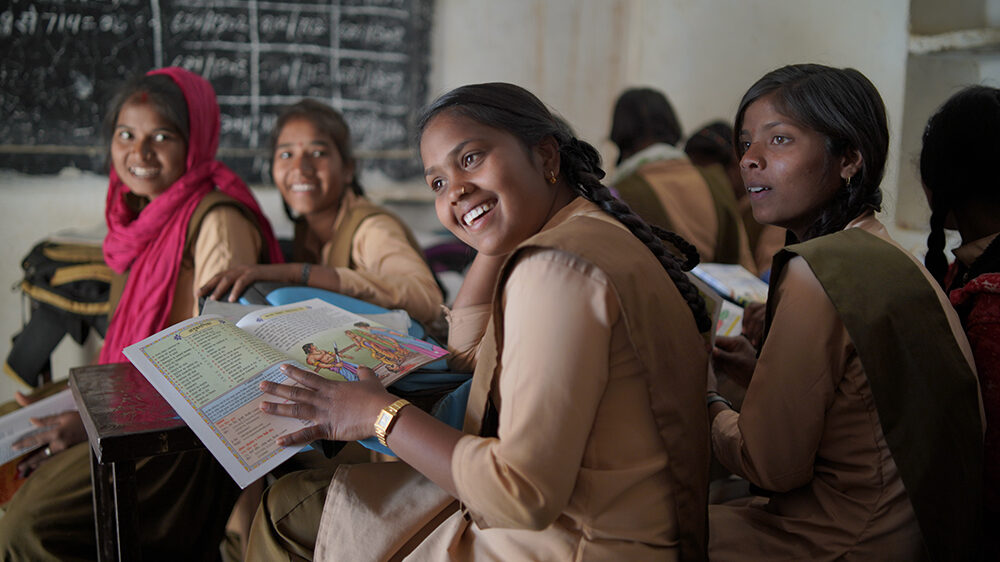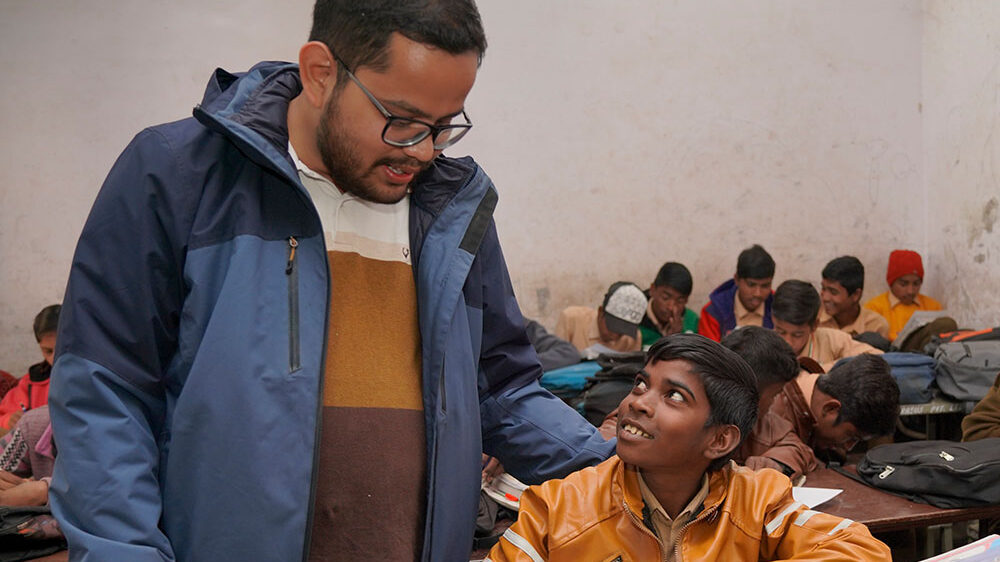
Life Skills Literacies
The government’s New Education Policy enlists an aspiration for providing students 21st century life skills that SWLF works to implement in schools. We work with students from grades 6-12 and empower them with competency in digital, financial, environmental, multicultural, legal, civic, media and gender literacies in order to build the basic capacity of life skills in all students.
Bal Sansad Training
Along with building core capacity in life skills, we also aim to provide more soft skills to young leaders. We train the Bal Sansad (Student Council/Parliament) in critical thinking, problem solving, design thinking, public speaking and general awareness in order to prepare them to be effective leaders in school, in their community and in the outside world


Student led – Problem Solving
Along with building the capacity through life skills literacies, we also aim to build the culture and practice of applying those skills to day to day life. We facilitate the design, execution and management of student led problem solving projects in the school and community. This involves identifying problems through participatory research, designing solutions, mobilising resources, liaising with different stakeholders and executing and managing the projects. With this we aim to create self-reliant and well equipped communities of problem solvers in each village.
Spinning Wheel Internship Programme
SWIP is a month-long residential internship program for the university students from cities across India. Interns live and work in tribal villages in Rajasthan for a month that involves training students in life skills education and conducting participatory research to understand and report on local problems in the community. Over the last four years, we’ve had students from Delhi University, Nirma University, TISS etc. For the university students it is an immersive rural leadership program that becomes a unique experience of social work as well as self-growth through these new leadership experiences. For the schools, it brings both new energy and new insights into the training being given to students, and in facilitating the problem solving projects.

